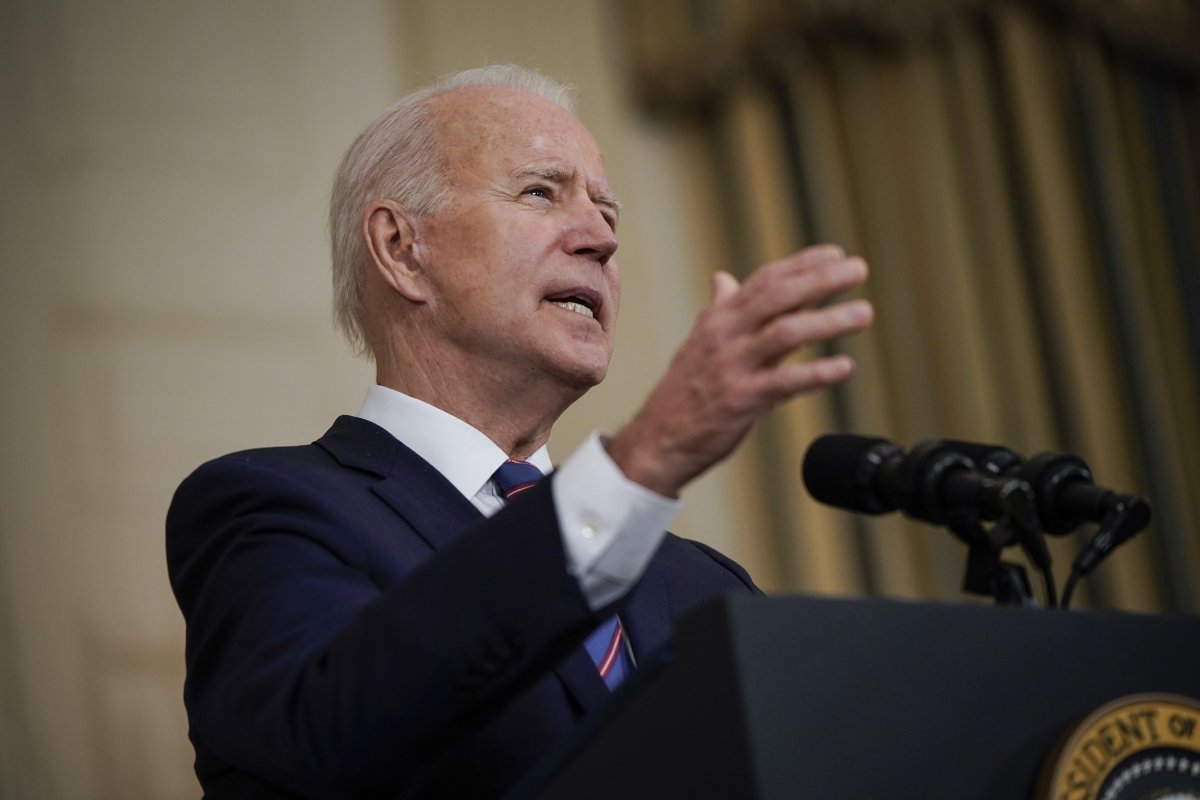Every U.S. president in the 21st century entered the White House promising a foreign policy of realpolitik.
Running against Al Gore during the 2000 presidential campaign, George W. Bush promised to introduce a level of humility in how America did business around the world. Barack Obama, facing a nation exhausted by two major conflicts in the Middle East, was elected in part to bring those conflicts to a close and pivot U.S. military and diplomatic resources away from the region. Donald Trump distinguished himself in the 2016 campaign as someone who would end the colossal waste of U.S. taxpayer dollars in countries like Afghanistan and Iraq.
Yet despite those commitments on the campaign trail, all three presidents left office with the United States still enmeshed in the Middle East. George W. Bush's invasion of Iraq and his idealistic Freedom Agenda tied down roughly 150,000 U.S. troops into a grueling counterinsurgency and helped create the massive debt problem the U.S. is experiencing today. Obama made good on his promise to withdraw tens of thousands of U.S. troops from Iraq, but he also escalated the war in Afghanistan with his own troop surge, offered crucial military assistance to Saudi Arabia's war effort in Yemen and intervened militarily in Libya. Trump, who wasn't shy about expressing his utter distaste for the Middle East as a whole, ended up increasing the number of U.S. forces in the region. By early 2020, nearly 90,000 American troops, missile defense systems and multiple jet fighter squadrons were deployed in the Persian Gulf.
The pattern is clear: Those who campaign for the presidency have an innate desire to concentrate the U.S. foreign policy machinery on priorities deemed more important to U.S. national security. But once those candidates have the job and are sitting in the Oval Office, they deepen U.S. military involvement in the very region they wanted to be extricated from.
Bush, Obama and Trump arguably failed to pass the test. Now it's President Joe Biden's turn. The results two months into his presidency are a mix of cautious optimism on the one hand and nervous anticipation on the other. Hovering above it all is a big, giant question mark on whether the 46th president will be any more successful in deprioritizing the Middle East than his predecessors were.

At first blush, the Biden administration took a series of significant first steps in the right direction. Two weeks after his inauguration, Biden announced that Washington would be terminating its military and intelligence support to the Saudi-backed military coalition in Yemen's catastrophic civil war, in addition to halting the sale of offensive weaponry to the kingdom. The White House's Interim National Security Strategic Guidance stated that the U.S. would "right-size" its military presence in the Middle East "to the level required to disrupt international terrorist networks, deter Iranian aggression, and protect other vital U.S. interests." The Defense Department's ongoing Global Posture Review, scheduled to be concluded by the summer, could very well recommend a significant military downsizing in the Persian Gulf.
The Biden administration is all but telegraphing that the Middle East will no longer be elevated as top-tier priority for U.S. national security. The Wall Street Journal reported that U.S. Patriot anti-missile batteries, several thousand troops, reconnaissance planes and an aircraft carrier will be removed from the Persian Gulf in order to free up additional assets for the Asia-Pacific—the new geopolitical center of gravity. There are now approximately 50,000 U.S. forces stationed in the region, a 44 percent decrease from this time last year.
At the same time, 50,000 U.S. military personnel is still a sizable force presence for a region whose geopolitical importance to the United States has steadily depreciated over the last decade. While oil prices are set globally, it escapes nobody's attention that the U.S. imported less Middle Eastern oil last year than at any time since 1985. At $3.65 trillion, the Middle East's cumulative GDP is slightly more than 4 percent of the world's economy. Saudi Arabia's $792 billion economy is about the size of Pennsylvania.
During the Cold War, U.S. policy in the Middle East was based on keeping the Soviet Union out and the region's oil flowing. Today, there is no Soviet Union to worry about. As much as Iran may dream of becoming a regional hegemon, it possesses neither the wealth, military capacity, nor diplomatic power to make that dream come true. Russia may have been able to save Syria's Bashar al-Assad from death or exile, but keeping a weak proxy in place hardly translates to broad regional influence. Even China, Washington's chief competitor, doesn't appear to be interested in getting its hands dirty in the Middle East's internal politics.
If there was ever a time for the U.S. to seriously consider a troop withdrawal from the Middle East, that time is now. While President Biden has an opportunity to capitalize on this opportunity, success will depend on whether he has a clear, sensible view of how limited U.S. interests truly are in this part of the world.
Daniel R. DePetris is a fellow with the Defense Priorities think tank, columnist at the Washington Examiner and a contributor to The National Interest.
The views expressed in this article are the writer's own.
Uncommon Knowledge
Newsweek is committed to challenging conventional wisdom and finding connections in the search for common ground.
Newsweek is committed to challenging conventional wisdom and finding connections in the search for common ground.
About the writer
To read how Newsweek uses AI as a newsroom tool, Click here.






